Zimbabwe
Five things to know about Zimbabwe, a landlocked country in southern Africa rich in gold and minerals, ahead of Wednesday's presidential and legislative elections.
Mugabe 37 years in power
Hero of independence, Robert Mugabe led the country for 37 years, as Prime Minister (1980-1987) then as President (1987-2017). He seduced first by a policy of reconciliation with the white minority, and his social and educational policy.
But he established an authoritarian regime very early on, with a brutal repression of his opponents. From the 2000s, he caused the economic collapse of his country, with his agrarian reform marked by the violent eviction of thousands of white farmers to redistribute the land to under-equipped and insufficiently trained black farmers.
Dropped by the army, he was forced to resign in 2017, at the age of 93. His former lieutenant and successor Emmerson Mnangagwa, nicknamed "the Crocodile" for his ruthlessness, is seeking a new mandate at the age of 80 in the August 23 election.
Economic slump
Former breadbasket of the region and endowed with rich mineral resources ( platinum, gold, diamond, nickel ), the country saw its agricultural production fall after the agrarian reform of the 2000s. A deep economic crisis persists, marked in particular by hyperinflation, mass unemployment and a lack of liquidity.
After several years of contraction, Zimbabwe experienced a recovery in 2021 with 8.5% growth, slowed to 3% in 2022 according to the International Monetary Fund (IMF).
Its more than 15 million inhabitants continue to face soaring prices. After soaring in 2020, inflation had slowed to 175.8% by June 2023, according to official figures, but some economists put it at around 1,000% instead.
By 2008, hyperinflation had reached such dizzying levels that the central bank was forced to issue a hundred trillion Zimbabwean dollar note, which has since become a collector's item.
Zimbabwe remains under Western sanctions for corruption and rights abuses.
Exodus of qualified personnel
The country, whose education system has long been envied in Africa, is experiencing an exodus of qualified personnel, particularly in the health and education sectors.
Nearly 1,800 nurses - more than 10% of public hospital staff - have emigrated in 2022, mainly to the United Kingdom, a former colonial power, where salaries are ten times higher.
Overpopulated elephants
After neighboring Botswana, Zimbabwe has the second-largest elephant population in the world, which is increasing by +5% per year. Its 100,000 pachyderms are almost double the capacity of its parks, according to conservationists.
This overpopulation leads to more and more frequent accidents, between the majestic animals and the villagers near reserves. Wild animals, including elephants and crocodiles, claimed 68 lives in 2022 and 29 since the start of 2023, authorities said.
famous female writers
A figure of feminism, Tsitsi Dangarembga became famous in 1988 with "Nervous Conditions" ( "A fleur de peau" ), the first book published in English by a black Zimbabwean woman.
Other Zimbabwean authors such as NoViolet Bulawayo or Petina Gappah have acquired international notoriety.
Before them, the British novelist Doris Lessing, Nobel Prize for Literature in 2007, had drawn her inspiration from her childhood in the country.



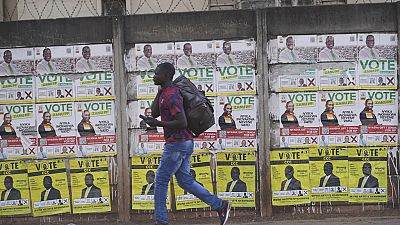

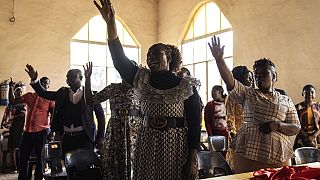

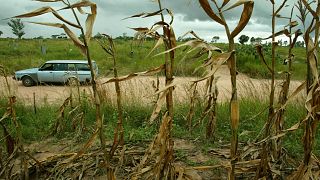
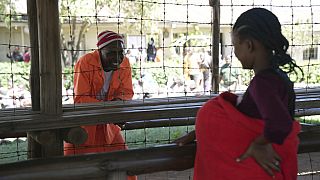
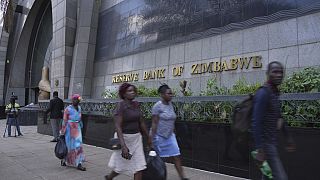
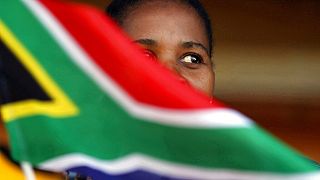


02:20
South Africa to mark 30 years of freedom amid inequality and tense election ahead
01:27
Togo heads to 'controversial' legislative polls on Monday
01:14
South Africa: Another loss for ANC to stop Jacob Zuma's MK party
02:47
Unraveling the political threads: Inside South Africa's Complex Election Landscape
Go to video
How South Africa's former leader Zuma turned on his allies and became a surprise election foe
01:08
SA poll body seeks clarification from Constitutional court on Zuma's eligibility